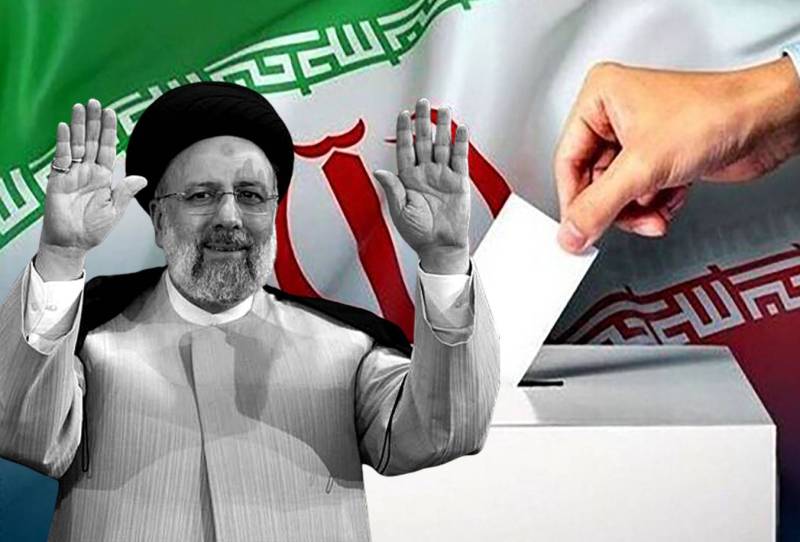In the federal budget for 2025–26, the Pakistani government has significantly lowered its expected revenue from 4G/5G spectrum license fees, while increasing reliance on mobile phone-related levies to boost non-tax income.
According to official documents, Rs. 22.612 billion has been allocated under non-tax revenue from 4G/5G license fees for the upcoming fiscal year — down from the previous estimate of Rs. 32.612 billion for 2024–25, which was later revised to Rs. 27 billion. This reduction signals either delays in the 5G rollout or a lack of strong interest from telecom operators, despite earlier government claims about preparing for 5G trials.
On the other hand, the government has raised the revenue target for mobile handset levies to Rs. 12 billion in FY 2025–26, up from Rs. 10 billion this year. This shift underscores a growing dependence on consumer-level taxation amid slower growth in the telecom sector.
READ MORE:
Google Cloud Outage Disrupts Spotify, Smart Devices, and Major Platforms
Additionally, the Pakistan Telecommunication Authority’s (PTA) surplus — listed as income from property and enterprise — is projected to contribute Rs. 1.1 trillion in the new fiscal year. This is a slight decrease from Rs. 1.2 trillion budgeted in the current year and notably lower than the revised Rs. 1.431 trillion collected.
Revenue from regulatory authority surpluses and penalties has also dropped, with only Rs. 6.239 billion allocated for 2025–26, compared to the initial estimate of Rs. 10.036 billion for this year, which was later revised down to just Rs. 654.7 million.
This change in the revenue mix highlights the government’s continued dependence on existing telecom infrastructure and user-level taxes rather than new technology-driven growth such as 5G. The delay in the 5G rollout and limited revenue potential from spectrum auctions suggest that mobile users will continue to bear the brunt of telecom-related fiscal pressure.




